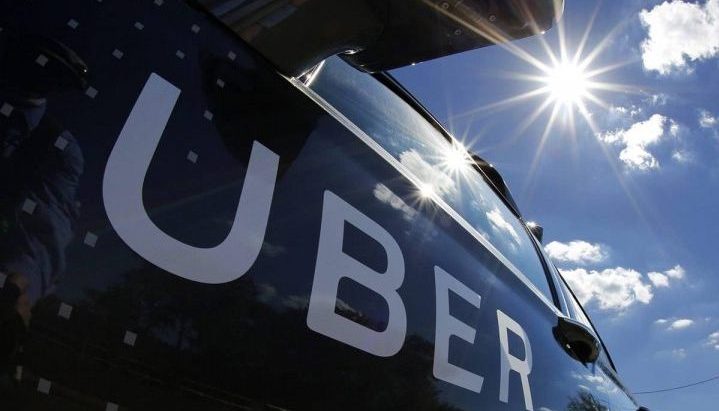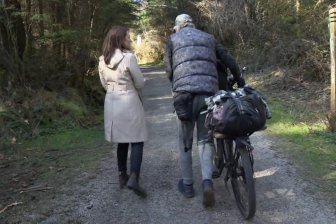The rise of Uber in London, Ont., has one city councillor wondering if it’s time to remove the cap on taxi licences in the city.

“I think the city shouldn’t be capping or limiting the number of cabs in our city. I don’t think there’s a municipal purpose to that,” said Ward 10 Coun. Virginia Ridley at Tuesday’s meeting of the community and protective services committee.
City politicians reviewed a staff report that showed there are now 2,591 private vehicle-for-hire drivers registered in London, more than double the amount of taxi drivers.
The staff report looks at the first six months (April to September) of the bylaw that legalized the ride sharing company in London. In the report, municipal bylaw officer Orest Katolyk said the day after the bylaw went into effect, the city received just under 1,000 applications for Uber drivers.
Cab drivers still take on the majority of calls for trips in London. The report says 48 per cent of trips are driven by cabs, 41 per cent are driven by private vehicle-for-hire drivers (Uber drivers), while 11 per cent of the market goes to limousines.
Ward 2 Coun. Bill Armstrong used the report to criticize his colleagues for legalizing Uber in the first place.
“They’ve lost 40 per cent of their income and that’s forever. I believe today this council made a very big error allowing Uber and others into his community.”
Armstrong has been a vocal critic of the ride sharing company since it arrived in London mid-2015.
The staff report said there are 2,591 private vehicle for hire drivers, 1,085 taxi drivers/limo drivers, 367 licensed cab owners, 90 licensed limousine owners, five licensed brokers and one licensed transportation network company.
In the past, cities like London have capped the number of taxi licenses they approved to prevent an oversupply and in some cases, prevent unsafe behaviour.
As far as Ridley is concerned, it’s time London ended that practice.
“Limiting the number of plates or the availability of people to operate that business I don’t think is in our mandate,” Ridley said. “I will at a future date bring forward a motion to reduce that ratio.”
Ride sharing company Lyft recently entered the Ontario market, setting up shop in Toronto. The staff report says it is expected to open operations in London but didn’t say when.
Committee members decided to receive the report without making any changes to the current bylaw. A possible removal on the cap of taxi licences could come after city staff issue a report that examines a full year of data. City staff are expected to report back in the spring.








Comments